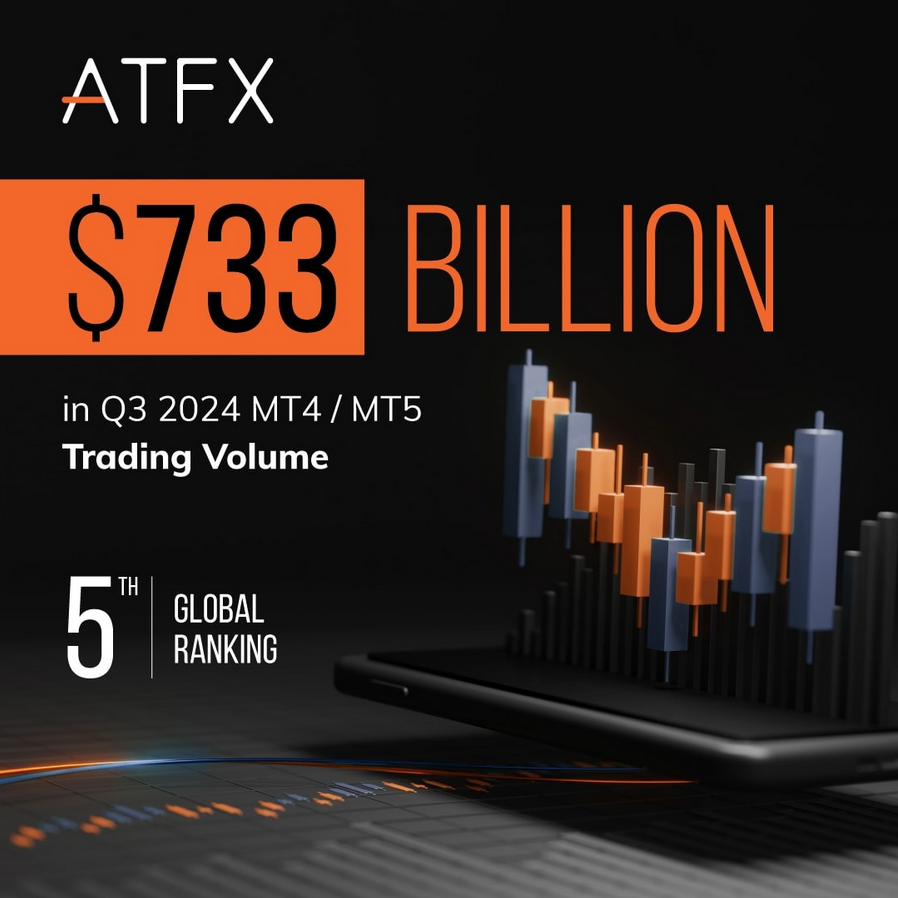The euro remains stable as traders assess geopolitical risks and economic data, while the pound faces pressure from UK inflation and fiscal projections. The yen attempts recovery amid U.S. tariff concerns, yet dollar strength limits gains. Gold trades near its peak, supported by economic uncertainty and Fed rate expectations, though stronger U.S. Treasury yields may cap its upside. Investors watch U.S. macro data, including GDP and inflation indicators, for further market direction. A break in key resistance or support levels could drive volatility across these assets in the short term.
The euro remained stable amid a lack of economic data, with traders awaiting U.S. durable goods figures for direction. The British pound saw volatility as inflation concerns and Bank of England policy speculation influenced sentiment. The Japanese yen weakened, with the Bank of Japan maintaining a cautious stance, while U.S. policy developments added to market uncertainty. Gold maintained a positive tone but faced resistance, with traders balancing safe-haven demand against dollar strength and economic data. Market participants continue to assess central bank policies and global trade developments for future moves.
Read the rest of this entry »
The euro stabilized after economic data signaled resilience, though its outlook remains cautious amid ongoing policy debates. The pound rebounded as traders interpreted the absence of UK data positively, but weak manufacturing figures may weigh on sentiment. The yen remained under pressure as the dollar strengthened on solid US economic data, with traders monitoring potential policy shifts in Japan. Gold saw a modest recovery after recent losses, supported by safe-haven demand amid global trade concerns, but its upside may be capped by cautious Fed signals on interest rate adjustments.
Read the rest of this entry »
The euro is under pressure as weak economic data and rate cut expectations weigh on sentiment, while the dollar remains supported by the Federal Reserve’s cautious approach. The pound is facing mixed signals, with resilience in services offsetting weakness in manufacturing, but uncertainty surrounding UK economic policy keeps traders cautious. The yen continues to struggle despite a hawkish Bank of Japan, as weak domestic data and U.S. strength limit gains. The Australian dollar sees downside risk as global factors and yield spreads favor the dollar. Gold remains uncertain, balancing geopolitical tensions with shifting Fed expectations.
Read the rest of this entry »
The upcoming week is set to bring a steadier flow of macroeconomic events after a hectic previous week. Although the volume of market-moving data releases has somewhat subsided, key inflation data across multiple economies remain at the forefront of investor and central bank considerations.
Read the rest of this entry »
The euro faces pressure as investors anticipate a rate cut from the ECB, favoring the dollar amid positive U.S. data. The British pound struggles with weak labor market figures, raising concerns over the BoE’s stance on rate adjustments. The Japanese yen strengthens slightly as the dollar weakens after the Fed’s comments, but further movement depends on upcoming U.S. data. Gold remains near record highs, driven by safe-haven demand amid geopolitical risks and uncertainty over U.S. economic policies, though overbought conditions may lead to a short-term correction before resuming its bullish trend.
Read the rest of this entry »
The euro shows resilience amid shifting economic sentiment, while the pound remains under pressure due to policy uncertainty. The yen experiences volatility as market participants react to global developments. The Canadian dollar sees fluctuations driven by commodity trends and economic outlook shifts. Gold holds steady, reflecting its role as a safe-haven asset in times of uncertainty, with movements influenced by inflation concerns and central bank policies. Overall, the market remains sensitive to global economic conditions and investor sentiment, shaping the trajectory of these assets.
Read the rest of this entry »
Euro growth faces caution amid economic recovery doubts, while geopolitical tensions add volatility. The pound awaits central bank decisions amidst economic uncertainty and inflation concerns. The yen weakens as markets anticipate monetary policy shifts, with focus on upcoming central bank meetings. Gold strengthens, driven by dollar weakness and geopolitical risks, targeting higher psychological levels.
Read the rest of this entry »
The euro strengthened amid economic adjustments and central bank discussions, while the pound weakened following unexpected economic contraction, impacting investor sentiment. The yen held steady, supported by expectations of continued policy adjustments and safe-haven flows, despite US data focus. Gold surged to record highs, driven by geopolitical tensions, central bank purchases, and ETF inflows, as investors sought refuge from economic uncertainty and potential rate adjustments.
Read the rest of this entry »
As we step into the third week of March, financial markets are bracing for a whirlwind of macroeconomic updates and central bank decisions that could drive significant market movements. After a relatively quiet period, this week promises a surge in crucial data releases and interest rate announcements from major global financial institutions. Market participants are particularly attuned to the Federal Reserve, the Bank of England, the Bank of Japan, and the Swiss National Bank, all of which are set to make key policy decisions. These events, coupled with ongoing geopolitical tensions, ensure that volatility will remain a dominant theme.








